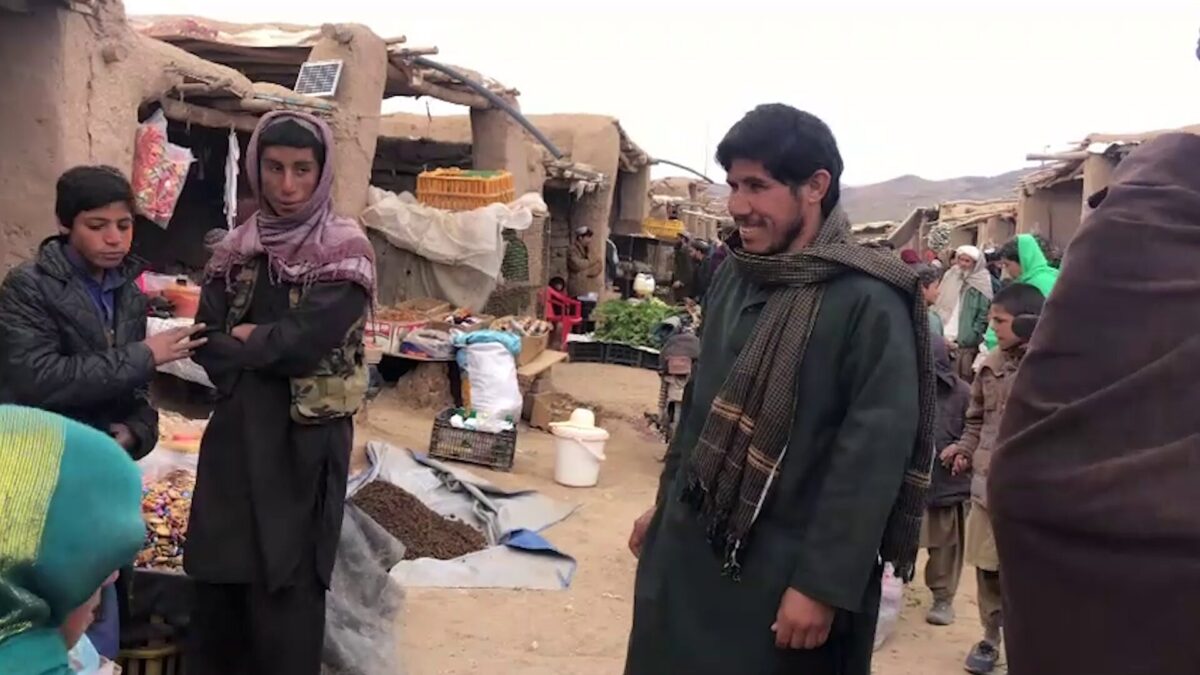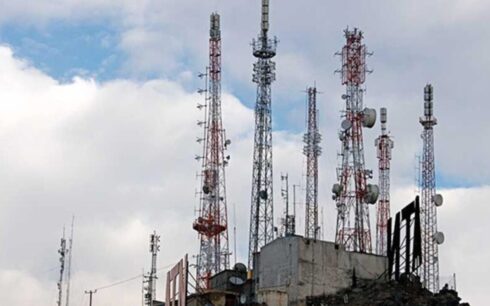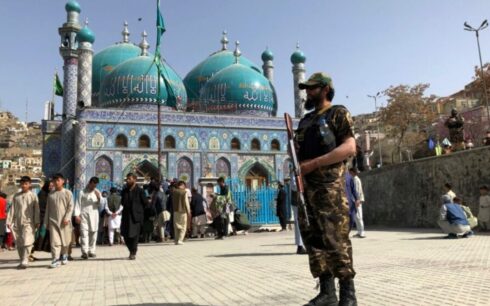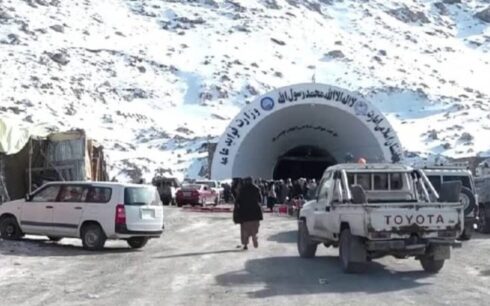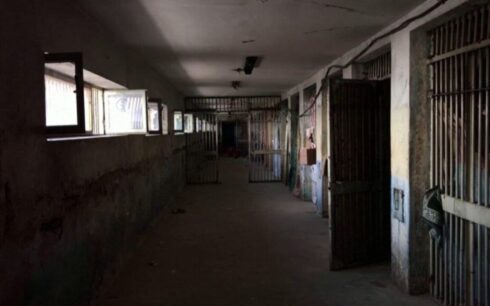CHORA, Afghanistan — In the Chora district of southern Uruzgan Province, the streets and stalls are bustling in the lead-up to Eid al-Fitr. But beneath the festive buzz lies a harsh economic reality that has cast a heavy shadow over the holiday.
Despite the outward signs of celebration — crowded markets, colorful stalls and shopkeepers displaying sweets — many families say they cannot afford even the most basic Eid necessities. Years of economic instability, rising unemployment and dwindling foreign aid have made what was once a joyful time of year a source of quiet despair.
“There are customers, but they buy very little — maybe a kilo or half a kilo,” said Akmal Khan, a local shopkeeper, pointing to his modest supply of sweets. “The situation is very bad. You can see we’ve only brought a small amount of goods for Eid.”
Local residents, too, describe the approach of Eid with a mixture of hope and hardship.
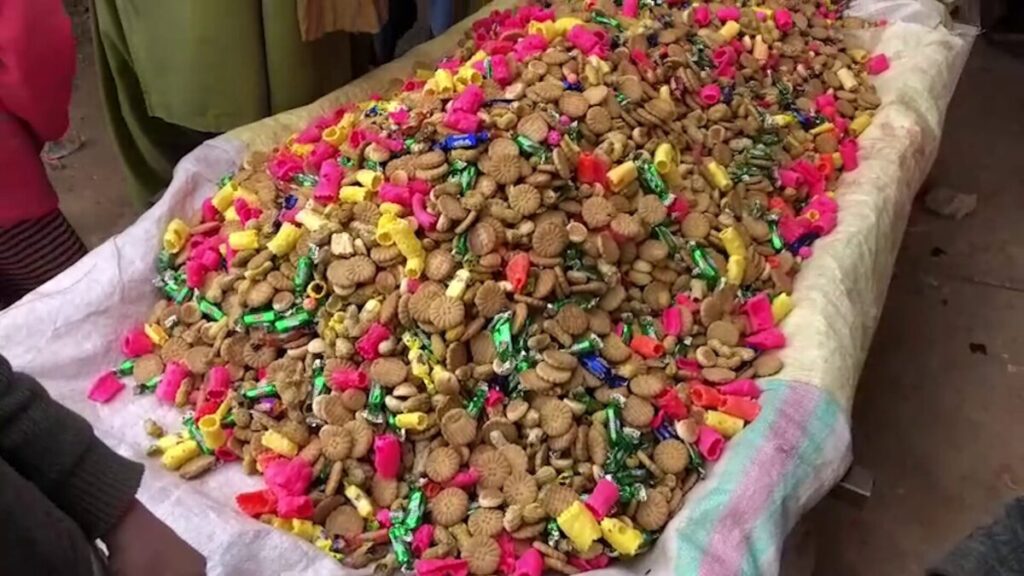
“Our situation is very difficult,” said Abdul Ghafar, a father in Chora. “We can’t even afford cookies, or chickpeas and eggs. Honestly, we have nothing.”
Another resident, Asadullah, echoed the sentiment: “There is nothing. People are very poor now — we have nothing to celebrate Eid with.”
Though the market appears lively, the economic strain is undeniable. Families browse, but few make purchases. Shopkeepers say sales have fallen sharply compared to previous years.
For many in this mountainous province, Eid has become less about celebration and more a reminder of their daily struggles. The challenges — fueled by widespread joblessness, shrinking aid, and limited access to economic opportunities — have left even traditional holidays stripped of their joy.
While Afghan officials under Taliban rule claim nationwide security and stability, the lived experience for many Afghans — especially in rural provinces like Uruzgan — remains one of deepening poverty and mounting uncertainty.

